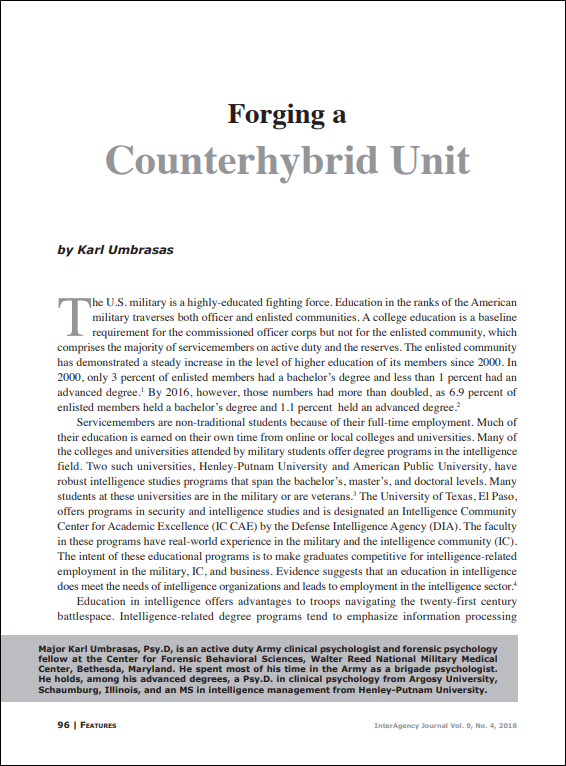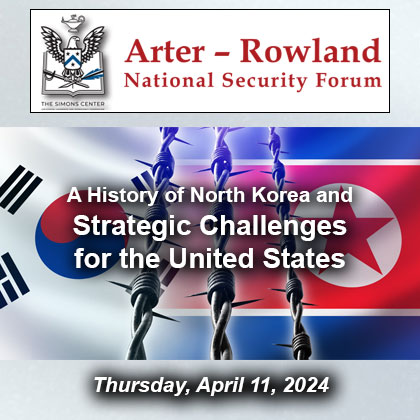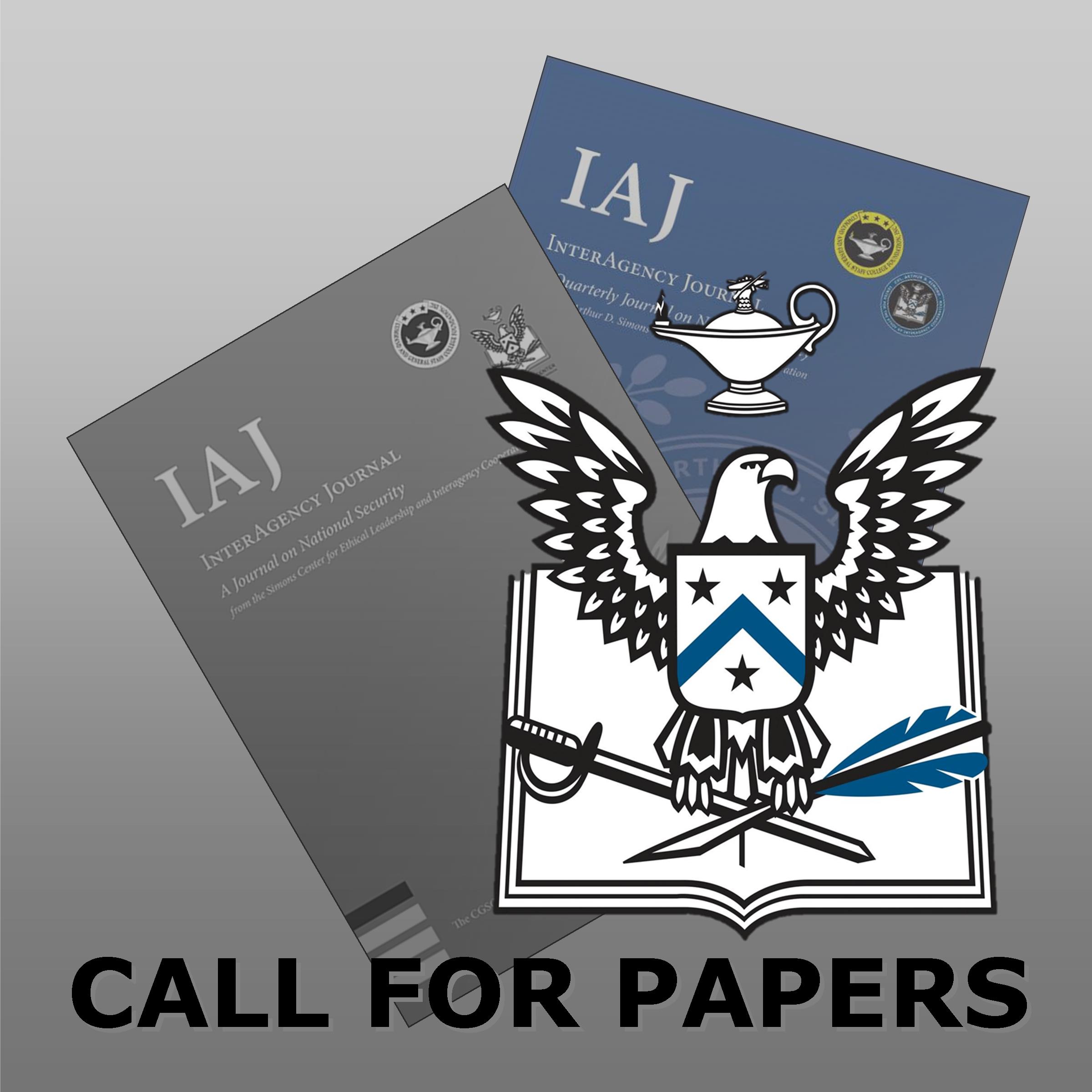Featured Article: Forging a Counterhybrid Unit
Featured article:
Forging a Counterhybrid Unit
by Karl Umbrasas
The U.S. military is a highly-educated fighting force. Education in the ranks of the American military traverses both officer and enlisted communities. A college education is a baseline requirement for the commissioned officer corps but not for the enlisted community, which comprises the majority of servicemembers on active duty and the reserves. The enlisted community has demonstrated a steady increase in the level of higher education of its members since 2000. In 2000, only 3 percent of enlisted members had a bachelor’s degree and less than 1 percent had an advanced degree. By 2016, however, those numbers had more than doubled, as 6.9 percent of enlisted members held a bachelor’s degree and 1.1 percent held an advanced degree.
Servicemembers are non-traditional students because of their full-time employment. Much of their education is earned on their own time from online or local colleges and universities. Many of the colleges and universities attended by military students offer degree programs in the intelligence field. Two such universities, Henley-Putnam University and American Public University, have robust intelligence studies programs that span the bachelor’s, master’s, and doctoral levels. Many students at these universities are in the military or are veterans. The University of Texas, El Paso, offers programs in security and intelligence studies and is designated an Intelligence Community Center for Academic Excellence (IC CAE) by the Defense Intelligence Agency (DIA). The faculty in these programs have real-world experience in the military and the intelligence community (IC). The intent of these educational programs is to make graduates competitive for intelligence-related employment in the military, IC, and business. Evidence suggests that an education in intelligence does meet the needs of intelligence organizations and leads to employment in the intelligence sector…
Read the full article
Forging a Counterhybrid Unit PDF
Download the complete edition
IAJ 9-4 (2018) pdf
IAJ 9-4 (2018) ePub Coming soon!
Major Karl Umbrasas, Psy.D, is an active duty Army clinical psychologist and forensic psychology fellow at the Center for Forensic Behavioral Sciences, Walter Reed National Military Medical Center, Bethesda, Maryland. He spent most of his time in the Army as a brigade psychologist. He holds, among his advanced degrees, a Psy.D. in clinical psychology from Argosy University, Schaumburg, Illinois, and an MS in intelligence management from Henley-Putnam University.

Posted: January 9, 2019 by Simons Center
READ THE LATEST UPDATES FROM THE SIMONS CENTER
"*" indicates required fields


